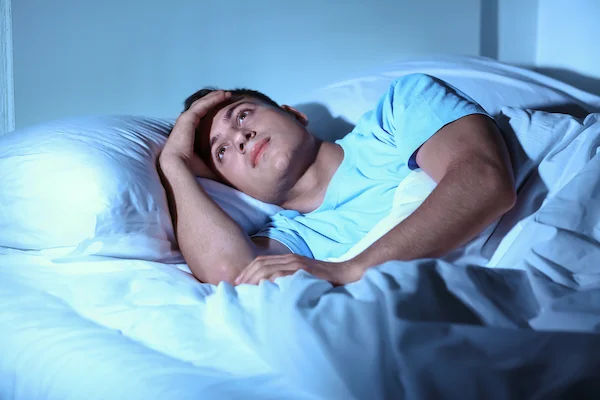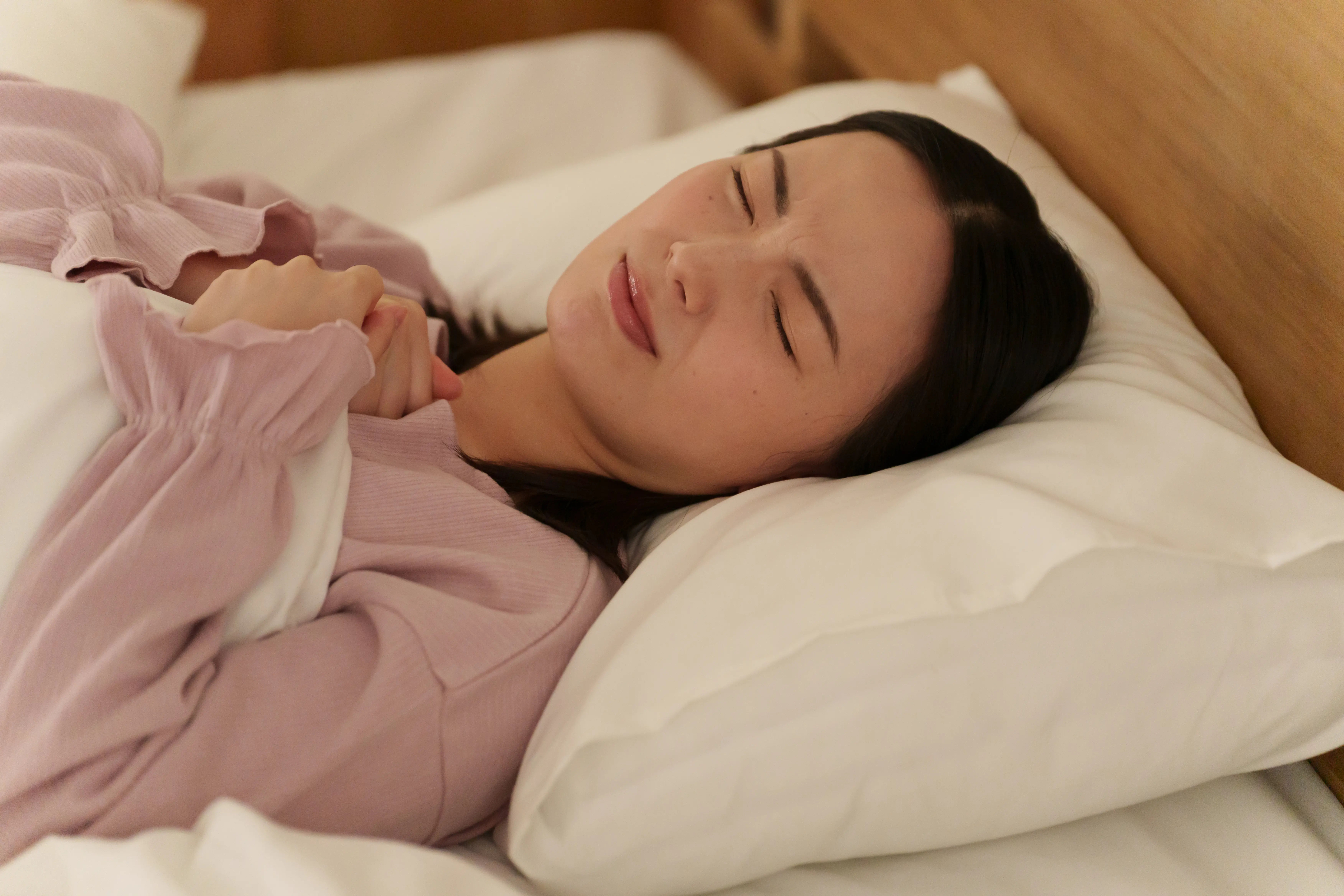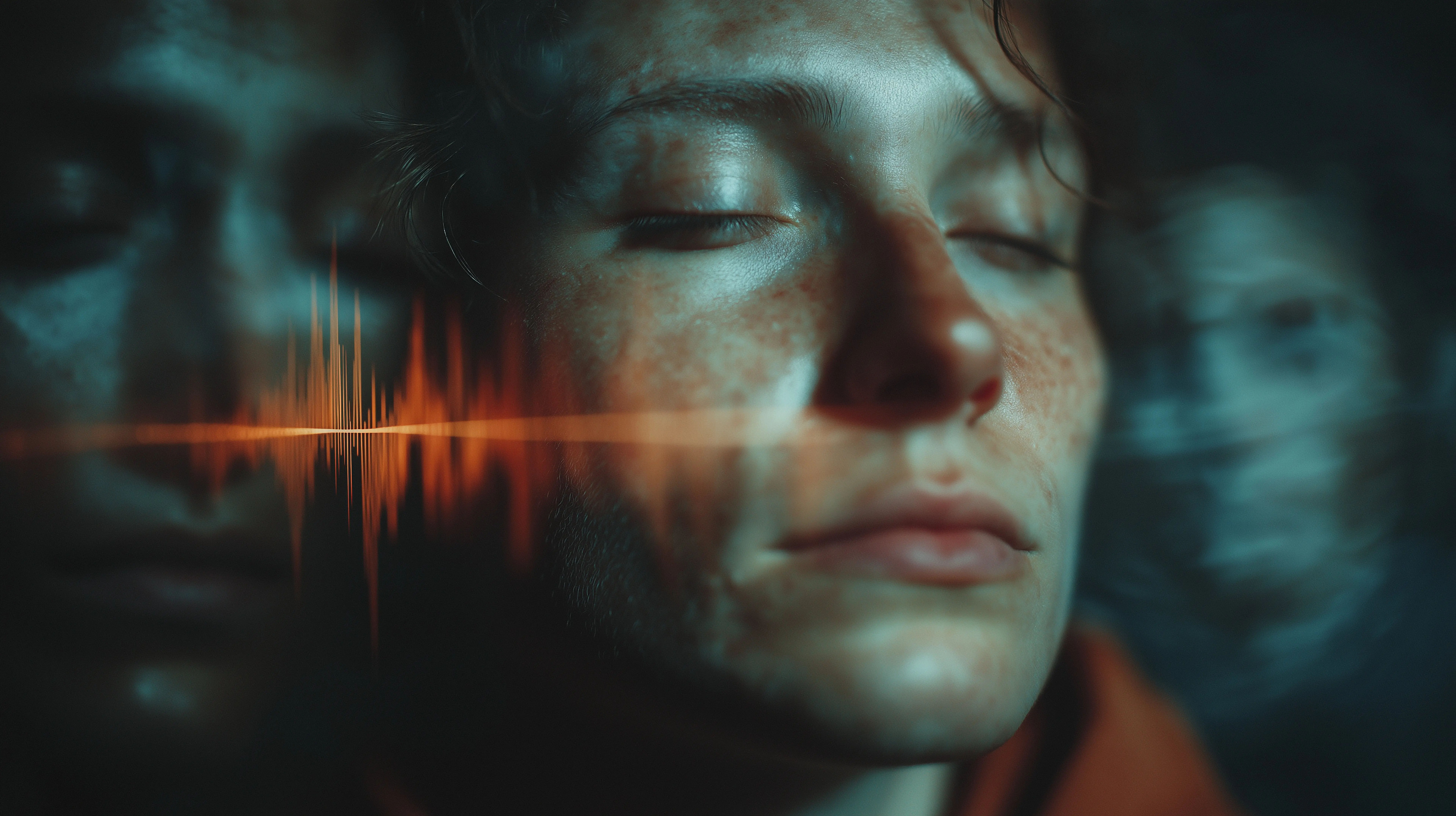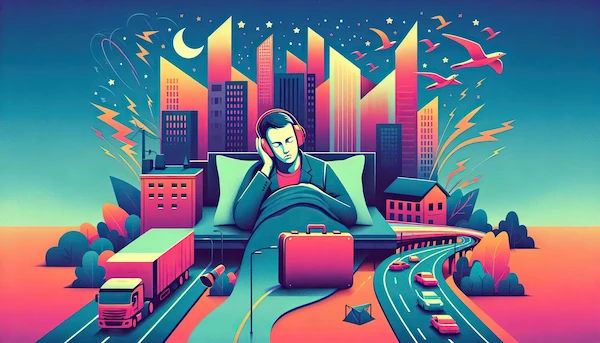Don't Neglect Your Sleep: The Ultimate Guide to Restorative Rest
Learn why sleep is essential for your health and well-being. Discover the stages of sleep, the impact of sleep deprivation, and practical strategies to improve your sleep quality and daily energy.

Written by Dr. M L Ezhilarasan
Reviewed by Dr. J T Hema Pratima MBBS, Fellowship in Diabetes Mellitus
Last updated on 13th Jan, 2026

Introduction
In our non-stop, always-on world, sleep is often the first sacrifice we make at the altar of productivity. We wear our sleep deprivation like a badge of honour, boasting about late nights and early mornings. But what if this neglected third of our lives is the very foundation upon which our health, happiness, and performance are built? Neglecting your sleep is not a sign of strength; it is a slow-burning fuse on your well-being.
This comprehensive guide will dismantle the myth that sleep is a luxury and show you why it is a non-negotiable biological necessity. We will explore the profound consequences of sleep neglect, demystify what happens in your brain and body each night, and provide practical strategies for building habits that lead to truly restorative rest. It is time to stop glorifying burnout and start prioritising the single most effective performance enhancer available to you.
The High Cost of Sleep Neglect: What Happens When You Don't Sleep Enough?
Choosing to skip on sleep is like taking out a high-interest loan on your health. The immediate effects might seem manageable—a bit of grogginess, an extra coffee—but the long-term consequences are serious. Chronic sleep deprivation, consistently getting less than the recommended 7-9 hours, systematically undermines your body's core functions.
Cognitive Consequences: Brain Fog, Memory Lapses, and Poor Focus
Your brain uses sleep as its housekeeping and filing system. During deep sleep, it clears out metabolic waste and transfers short-term memories into long-term storage. Neglecting this process results in an immediate cognitive toll.
Studies show that after just 24 hours without sleep, cognitive performance drops to a level equivalent to having a blood alcohol content of 0.10%, over the legal driving limit. You may experience reduced attention span, impaired judgment, and decreased problem-solving abilities. Essentially, you are operating with a faulty hard drive, making it nearly impossible to improve mental performance.
Physical Health Risks: Weakened Immunity and Weight Gain
While your mind rests, your body engages in critical repair work. Cells regenerate, tissues repair, and your immune system releases proteins called cytokines, essential for fighting infections and inflammation. Skimping on sleep reduces this production, leaving you vulnerable. Research indicates that people who sleep less than seven hours are almost three times more likely to catch a cold than those who get eight hours.
Sleep deprivation also disrupts hormones. It causes a spike in ghrelin, the "hunger hormone," and a drop in leptin, the "satiety hormone," leading to increased appetite and cravings for high-calorie, high-carbohydrate foods. At the same time, it impairs the body's ability to process insulin, promoting fat storage and increasing the risk of type 2 diabetes.
The Emotional Toll: Irritability, Anxiety, and Mood Swings
The brain's emotional centre, the amygdala, becomes hyper-reactive when you are sleep-deprived. Its connection to the rational prefrontal cortex weakens, meaning you are more likely to snap at a colleague, feel overwhelmed by minor stressors, and experience heightened anxiety and mood swings. Consistent sleep is a cornerstone of emotional resilience; without it, we are more vulnerable to unregulated emotions.
Consult Top Doctors for Personalised Advice
Understanding Your Sleep Architecture: The 4-Stage Cycle
Sleep is not a monolithic state of unconsciousness. It is a dynamic, highly organised process known as your sleep architecture, consisting of multiple cycles that repeat every 90-120 minutes. Each cycle includes four stages: three stages of NREM, or Non-Rapid Eye Movement sleep, and one stage of REM, or Rapid Eye Movement sleep.
NREM Stages 1-3: The Journey to Deep Sleep
The three stages of NREM or Non-Rapid Eye Movement sleep include
N1, or Stage 1, is the light, transitional phase between wakefulness and sleep, lasting several minutes. Your muscles relax, and your brain produces alpha and theta waves. It is easy to wake from this stage.
N2, or Stage 2, is when you are officially asleep. Your body temperature drops, heart rate slows, and brain waves show characteristic "sleep spindles" and "K-complexes," believed to support memory consolidation and prevent waking. You spend about 50% of your total sleep time in this stage.
N3, or Stage 3, is deep sleep or slow-wave sleep. It is the most restorative phase, crucial for physical recovery, hormone regulation such as human growth hormone, and strengthening your immune system. Waking someone from this stage is difficult, and they often feel disoriented and groggy.
REM Sleep: Where Dreaming and Learning Happens
REM sleep first occurs about 90 minutes after falling asleep. The brain becomes highly active, eyes move rapidly behind closed eyelids, and most vivid dreaming occurs. To prevent acting out dreams, the body experiences temporary muscle paralysis. REM is critical for emotional processing, memory consolidation, especially procedural and spatial memory, and learning. Later cycles of the night contain longer periods of REM, which is why cutting sleep short often means missing out on this vital stage.
Building Your Sleep Sanctuary: Optimising Your Bedroom Environment
Creating the right environment is essential for good sleep. Your bedroom should signal to your brain and body that it is time to rest.
The Ideal Light, Temperature, and Noise Levels
Darkness is key. It triggers melatonin production, the hormone that regulates your circadian rhythm. Use blackout curtains and cover or turn away from electronic LEDs. Consider an eye mask if complete darkness is not possible.
A cool room, around 18°C, supports sleep. Your core temperature naturally drops to initiate sleep, and a cooler room facilitates this process.
Silence helps, but consistent, low-level "white noise" or "pink noise" can mask disruptive sounds such as traffic or a partner’s snoring.
Choosing the Right Mattress and Pillow for Support
A mattress and pillow providing proper spinal alignment can make the difference between waking refreshed or in pain. The best choice depends on your sleep position and body type. Side sleepers generally need a softer mattress and a thicker pillow to fill the space between their head and shoulder, while back and stomach sleepers often require firmer support.
Crafting a Powerful Pre-Sleep Routine: Wind Down for Success
A consistent pre-sleep routine signals the nervous system that the day is over and it is safe to relax. Aim to start this routine 30-60 minutes before your target bedtime.
Digital Sunset: Why You Must Ditch Screens Before Bed
Blue light from phones, tablets, and laptops suppresses melatonin production and tricks the brain into thinking it is daytime. Implement a digital sunset at least one hour before bed. Charge devices in another room, or enable night mode if usage is necessary.
Relaxation Techniques: Meditation, Reading, and Light Stretching
Replace screen time with calming activities.
Meditation or mindfulness exercises can quiet a racing mind.
Reading a physical book under soft light is ideal.
Gentle stretches, such as child's pose or legs-up-the-wall, release physical tension without raising heart rate.
A warm bath, with the subsequent drop in core temperature, can promote drowsiness.
Daytime Habits for Better Nights: It Is a 24-Hour Process
Daily habits have a profound impact on sleep quality.
The Role of Morning Sunlight and Evening Darkness
Exposure to bright, natural light within an hour of waking anchors your circadian rhythm, signalling the internal clock that the day has begun. In the evening, avoid bright overhead lights and use lamps with warmer tones instead.
Exercise Timing: How Physical Activity Affects Sleep Quality
Exercise helps you fall asleep faster and enjoy deeper sleep. However, moderate-to-vigorous workouts are best completed 2-3 hours before bedtime, as exercise raises core temperature and releases stimulants like adrenaline. Gentle evening activities like yoga or walking are acceptable.
Caffeine, Alcohol, and Heavy Meals: Timing Is Everything
Caffeine has a half-life of 5-6 hours. Avoid intake after 2 pm.
Alcohol may aid initial sleep but disrupts REM sleep, causing non-restorative nights.
Heavy or spicy meals close to bedtime can cause discomfort or reflux. Finish large meals 2-3 hours before bed.
When to Seek Help: Recognising Sleep Disorders
Persistent sleep difficulties despite good hygiene, loud snoring, gasping, an irresistible urge to move legs at night, or difficulty falling or staying asleep may indicate underlying disorders such as sleep apnea or restless legs syndrome. If symptoms last beyond two weeks, consult a doctor online with Apollo24|7 for evaluation and guidance.
Conclusion: Reclaim Your Nights, Rejuvenate Your Days
Neglecting sleep is a high-stakes gamble with health, mental clarity, and emotional stability. Sleep is an active, vital process that fuels every aspect of waking life. By understanding sleep architecture, optimising your environment and routines, and aligning daily habits with natural rhythms, you can transform sleep from an afterthought into your greatest asset. Start with one or two changes, such as enforcing a digital sunset or adjusting your wake-up time. Reclaim your nights, and rejuvenate your days. Your future well-rested self will thank you.
Consult Top Doctors for Personalised Advice
Consult Top Doctors for Personalised Advice

Dr. Suresh G
General Physician/ Internal Medicine Specialist
25 Years • MBBS, MD
Bangalore
Apollo Clinic Bellandur, Bangalore
(225+ Patients)

Dr. Priya Sharma
Pulmonology/critical Care Specialist
9 Years • DM (PULMONARY MEDICINE), DNB, EDARM, MNAMS
Delhi
Apollo Hospitals Indraprastha, Delhi

Dr. Arjun Ramaswamy
Pulmonology Respiratory Medicine Specialist
9 Years • MD (RESPIRATORY MEDICINE), DM (PULMONARY MEDICINE, CRITICAL CARE AND SLEEP MEDICINE)
Mumbai
Apollo Hospitals CBD Belapur, Mumbai
(75+ Patients)

Dr. Debopam Chatterjee
Pulmonology/critical Care Specialist
10 Years • MBBS, MD, DNB, DM(Pulmonary, Critical care & Sleep Medicine, AIIMS), European Diploma of Adult Respiratory Medicine CONSULTANT INTERVENTIONAL PULMONOLOGIST, & SLEEP MEDICINE SPECIALIST.
Kolkata
Apollo Multispeciality Hospitals , Kolkata, Kolkata
(75+ Patients)
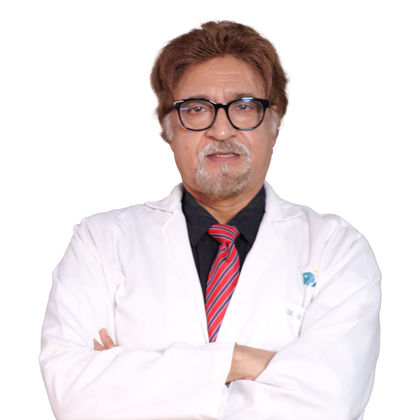
Dr. M S Kanwar
Respiratory Medicine/Lungs Transplants
47 Years • MBBS, MD, DNB , MNAMS, FPGC (Austria), FCCP (USA), FAMS
Delhi
Apollo Hospitals Indraprastha, Delhi
(100+ Patients)

